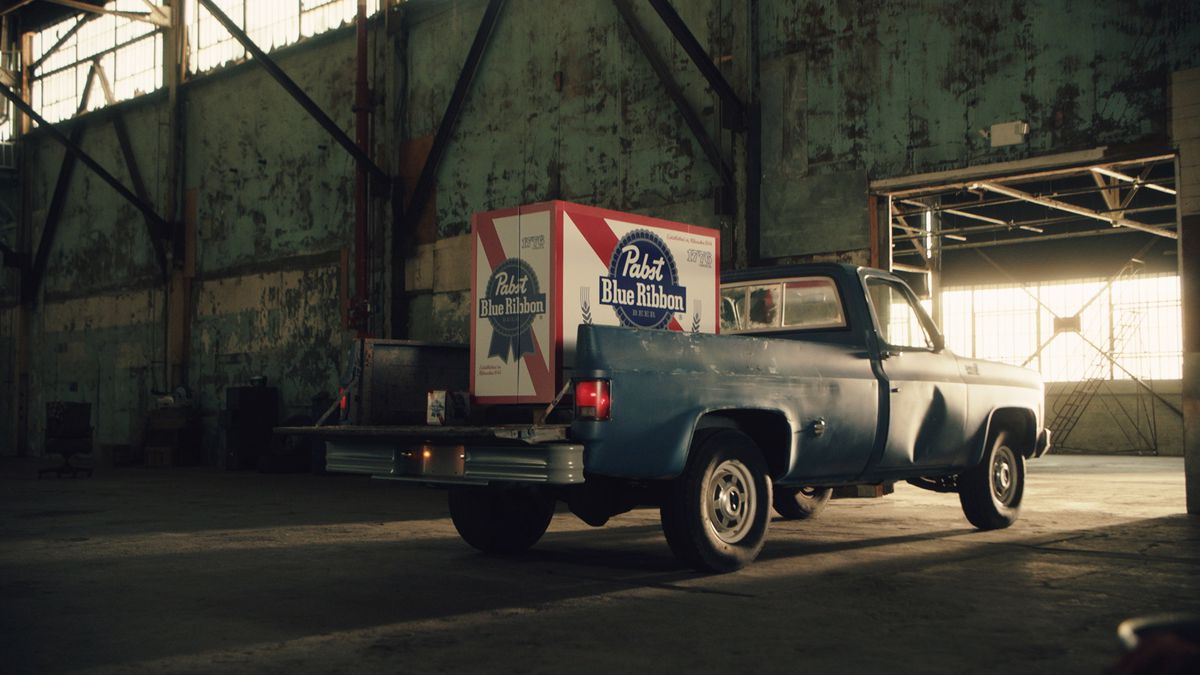Ana Hernandez, 44, entered virgin territory in going into the olive oil industry as a startup, but her love of good food started early during her childhood.
She came to the United States in 1996, bringing with her remembrances of the wafting scents from her childhood kitchen and the special meals served with wine and other delicacies in her homeland of Guatemala.
“My mom was a really good cook — so was my favorite great aunt. We were always in the kitchen,” she said.
Arriving at the Culinary Institute of the Arts in St. Helena, she aimed to become a sommelier. But when that didn’t work out, she returned to the Central American country to work at the family’s Italian restaurant and marry her sweetheart.
In her early years, the family had premium olive oil shipped to the La Fattoria restaurant in Guatemala City from Italy, where olives, cheese and wine were served with meals.
Her ongoing love of olive oil would become much more important later in life when she bought Grove 45 Olive Oil, based in St. Helena, from Bonnie Storm and Nina Talcott in November 2019. Neither party would disclose the sales price.
Since Hernandez always had a penchant for the Wine Country, she and her husband returned from Guatemala in 2010 and bought their homestead property on Spring Mountain in St. Helena. After clearing away the deep brush, she discovered more than 2,000 century-old olive trees on the land.
“They were such beautiful surprises,” she said.
While the couple cultivated and cared for the ancient trees, Hernandez turned the crop into olive oil for family and friends. Her move into commercial production didn’t come until the couple bought the business with 500 trees that are fruitful enough to sell their olive oil.
“I felt it was a good opportunity for us to buy something that was started by women,” Hernandez said.
Grove 45 has produced two break-even harvests for Hernandez, selling 350 cases from the 2019 bounty and 475 from 2020. For 2021, the matriarch hopes to make a profit with her co-owner daughter, Marcela Hernandez, and small army of employees — many of whom are women.
The goal is to make at least $150,000 in gross revenue for 2021, Sales Manager Lailand Oberschulte-Flaherty indicated. A 16-ounce bottle retails for $40 each. Flaherty entered the company with a history of her own. She’s known Storm for 30 years, having grown up two miles from the original grove. Hernandez is in the process of moving the olive trees to her property.
Like many other consumer product companies, Grove 45 pivoted during the pandemic from a wholesale focus to a concentration on direct-to-consumer marketing led by a beefed-up website.
“We feel so much potential in this industry, especially with people finding out how many flavors are in olive oil,” Marcela Hernandez said.
Olive trees require pruning, fruit-fly abatement and irrigation — but actually not much water, which is a major business consideration in a drought year promising to be one of the worst. They’re also hardy.
With a little nurturing, the olive oil business has attracted many women to branch out into a lesser-known line of agricultural work in contrast to winemaking and produce farming.
Getting into the olive oil business is not a get-rich-quick path, according to Storm.
“Nobody makes any money in the olive oil business. It’s gotta be a labor of love,” said the former Grove 45 owner, who retired from the business with the sale but kept 30 trees for herself.
Competition grows
“There has always been a strong representation of women in the California olive industry, as professional tasters, retail buyers and marketers,” said Kathryn Tomajan, co-founder and owner of Fat Gold, an olive oil producer based in Oakland.
The member of the California Olive Oil Council, which has no statistics behind the assumption, has also seen more women discovering the many aspects of the industry.
“We are finally seeing more women actually farming and producing olive oil. It’s exciting to see fresh, creative, women-owned brands in the marketplace,” Tomajan said.
A different kind of women’s movement
Even men have sat up to notice the surge of women reaping the fruits of their labor in the olive oil business.
“I have noticed more and more women involved in the last 10 to 15 years. Certainly, women are quite nurturing, but olives are such a tolerant hardy critter,” said Paul Vossen, a former U.C. Extension Santa Rosa agricultural studies professor who recently started his own business importing the delicacy from South Africa to New Zealand. He estimated 97% of the olive oil sold is imported.
Although the horticulturalist is fascinated by the long history of olives around the globe, Vossen noted how California is an ideal place to plant them.
April 27, 2021 at 12:23AM
https://ift.tt/3sObmIU
California Wine Country women entrepreneurs pursue premium olive oil ventures - North Bay Business Journal
https://ift.tt/31lUVcw
Wine

No comments:
Post a Comment